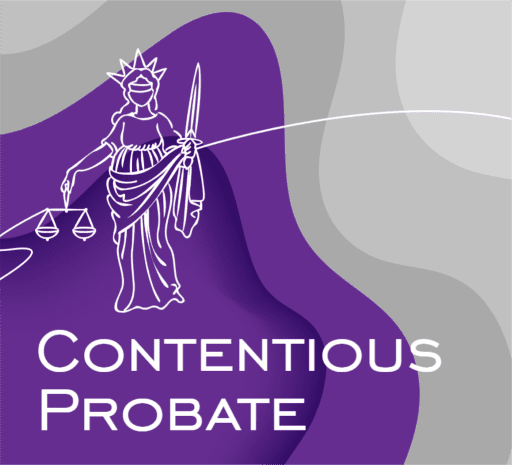Removing an executor is a crucial step when they fail to act in the best interest of beneficiaries. Learn the legal grounds, process, and how our team can support you in ensuring a fair administration of the estate.
You can apply to remove an executor if they fail to perform their duties, such as mismanaging estate assets or delaying administration. A legal application through the court ensures the estate is fairly managed for all beneficiaries. The court views executor removal as a last resort, given their appointment by the testator’s wishes. However, if the situation necessitates it, the court can issue an order for removal.
Common grounds for seeking executor removal include undue delays, refusal to act, and engaging in fraudulent behaviour. Delays occur when the executor is working but unreasonably delaying tasks. Refusal to act happens when the executor purposefully obstructs the estate’s administration. Fraudulent behaviour involving estate assets can also lead to removal.
In the case of the Kajaks Estate (2016), the executor’s prolonged inaction and attempts to manipulate the beneficiaries demonstrated a lack of reasonable fidelity and adversely affected the beneficiaries’ welfare. This resulted in the court granting executor removal, enabling the estate administration to progress.
To apply for executor removal, you would need to follow legal procedures and present evidence that supports your claim for removal based on the executor’s failure to fulfil their duties or misconduct. Consulting legal experts experienced in contentious probate matters is advisable to navigate this process effectively.
Not sure if you need to remove an executor?
Take our quick quiz to determine whether you have grounds to remove an executor. Answer a few simple questions and get immediate insights into your situation.
Do You Have Grounds to Remove an Executor?
1. Has the executor failed to provide an inventory or account of the estate?
2. Has the executor shown favoritism or acted in their own interest instead of the beneficiaries’?
3. Has the executor mismanaged estate assets, such as selling property without consulting beneficiaries?
4. Has the executor delayed the administration of the estate without valid reasons?
5. Has the executor acted dishonestly, such as withholding information or misappropriating funds?
Your Results:
Contact Us for Expert AdviceAlternatively, please get in touch with us at your earliest convenience to discuss the validity of your claim for the removal of the executor stated in the Will. We are keen to address this matter and assist you further.
- Luton: +44 1582 383 888
- London: +44 2034 393 888
- St Albans: +44 1727 519 888
You may also complete our contact form, and one of us will get in touch promptly to discuss your needs.



